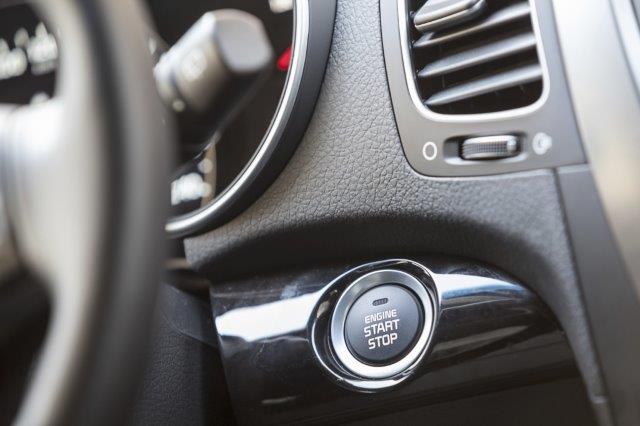FOR IMMEDIATE RELEASE
ACS News Service Weekly PressPac: February 19, 2014
Special air filter blocks small particles called UFPs from getting inside cars
"Application of a High-Efficiency Cabin Air Filter for Simultaneous Mitigation of Ultrafine Particle and Carbon Dioxide Exposures Inside Passenger Vehicles"
Environmental Science & Technology
While taking in the scenery during long road trips, passengers also may be taking in potentially harmful ultrafine particles (UFPs) that come into the car through outdoor air vents. Closing the vents reduces UFPs, but causes exhaled carbon dioxide to build up. Now, scientists report in the ACS journal Environmental Science & Technology that installing a newly developed high-efficiency cabin air filter (HECA) could reduce UFP exposure by 93 percent and keep carbon dioxide levels low.
Yifang Zhu and Eon Lee explain that most modern cars come with cabin air filters, but they only block 40-60 percent of the UFPs when in “outdoor air mode.” These particles are 100 nanometers or less in diameter; about a thousand of them could fit across the width of a human hair. Studies suggest that UFPs, which are found in automotive exhaust, may be linked with health problems. Switching the venting system into “recirculation mode” reduces UFPs by 90 percent, but because the interior is closed off from the outside, exhaled carbon dioxide can potentially build up to levels that could impair decision-making. To address this challenge, Zhu and Lee decided to develop a method that would simultaneously reduce UFPs inside cars, while also allowing carbon dioxide to escape.
They developed HECA filters that could reduce UFP levels by an average of 93 percent in 12 commercially available vehicles while driving in outdoor air mode. Compared with the original manufacturer-installed filters, the new one is made of synthetic fibers of much smaller diameters. Carbon dioxide remained at a “reasonable” level, they say.
The authors acknowledge funding from the California Air Resources Board and the National Science Foundation.


